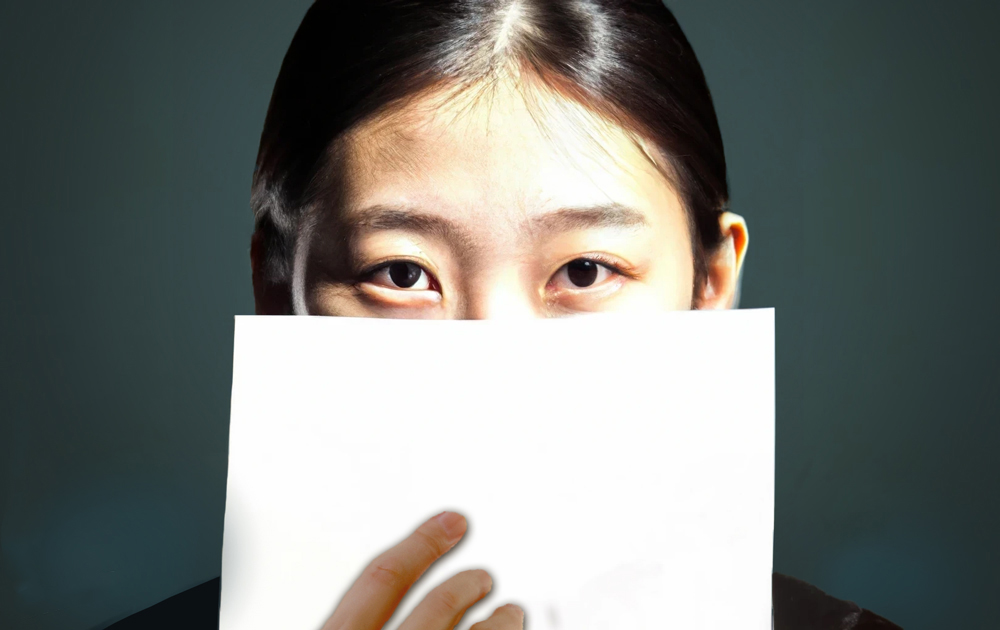
“Protests spread to cities and college campuses around China on Saturday night,” reports The New York Times, “reflecting rising public anger at the country’s draconian Covid controls, with some in a crowd in Shanghai directing their fury at the Communist Party and its top leader, Xi Jinping.”
Reuters informs that this “wave of anger was triggered by an apartment fire that killed 10 people on Thursday in Urumqi, a far western city where some people had been locked down for as long as 100 days, fueling speculation that COVID lockdown measures may have impeded residents’ escape.”
Demonstrations are rare in China; “room for dissent has been all-but eliminated under President Xi Jinping,” reminds Reuters. Yet, a month ago, a lone “Bridge Man” in Beijing unfurled anti-government banners in a crowded intersection.
“Go on strike at school and work, remove dictator and national traitor Xi Jinping!” the man, now in CCP custody, yelled through a loudspeaker. “We want to eat, we want freedom, we want to vote!”
Yes, vote. Xi Jinping was just elected to a term-limit busting third term, but by the Communist Party — not the Chinese people.
In a number of videos, students hold “up blank sheets of paper in silent protest, a tactic used in part to evade censorship or arrest.” In 2020, Hong Kong activists did this to avoid prosecution under the national security law imposed by Beijing.
Across social media, people have been posting pictures of themselves with blank pieces of paper in solidarity. “By Sunday morning, the hashtag ‘white paper exercise’ was blocked on Weibo,” notes Reuters.
“If you fear a blank sheet of paper,” posited a Weibo user, “you are weak inside.”
A blank page, on the other hand, displays surprising strength, as well as meaning — for people to one day freely write their own stories.







